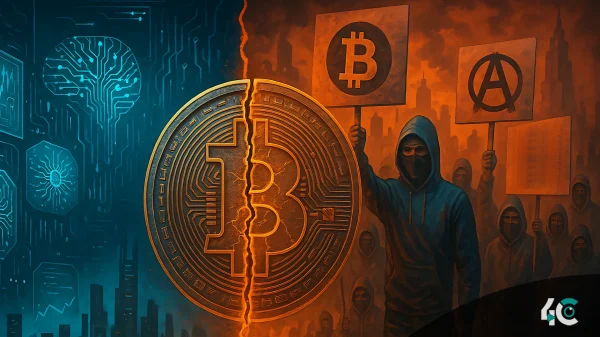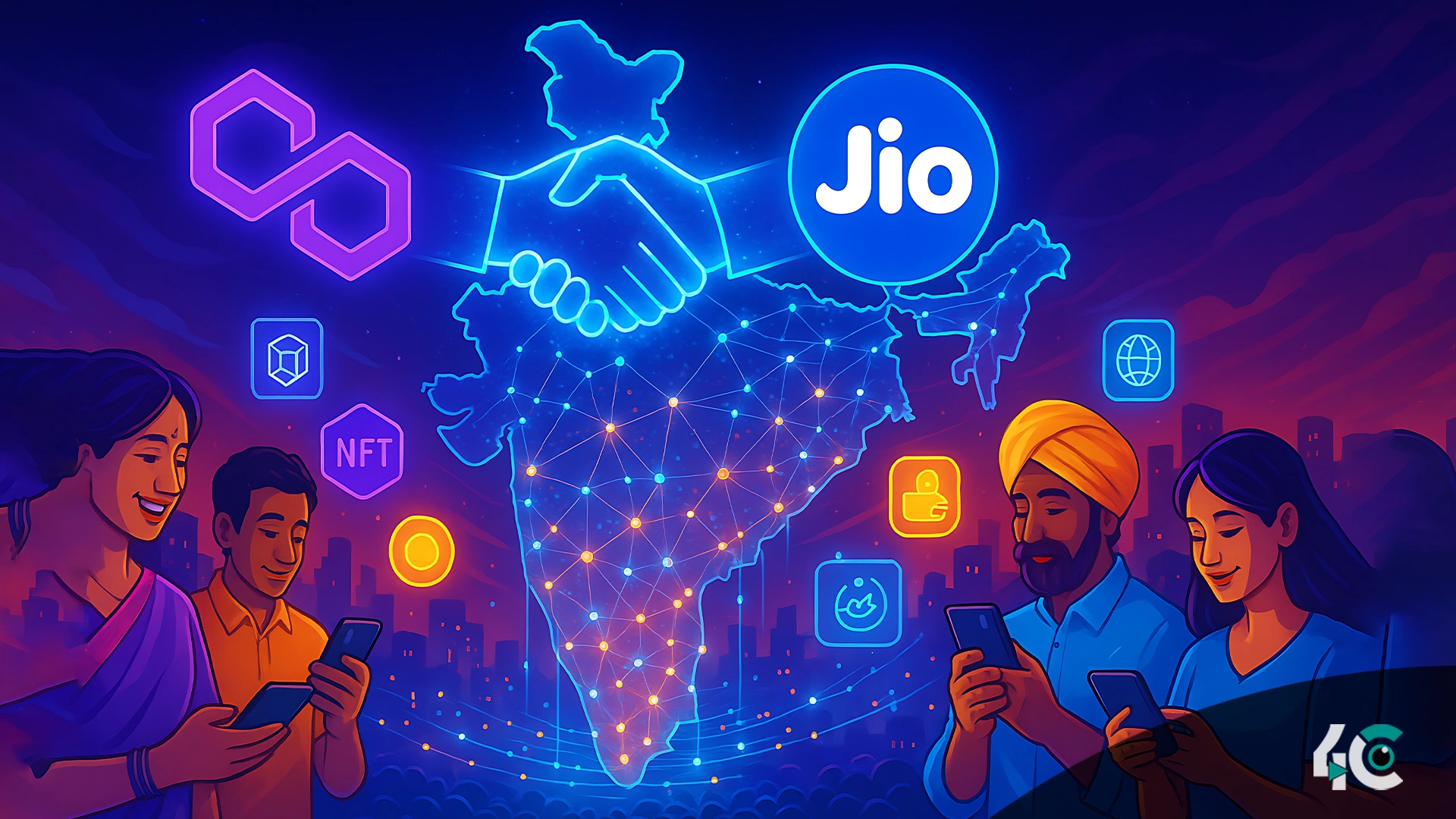The Polygon Reliance Jio partnership marks a significant move to bring Web3 capabilities to over 450 million users in India. Announced in January 2025, this collaboration aims to integrate Polygon’s blockchain solutions into Jio’s existing applications and services, enhancing digital experiences with improved data control and secure transactions. By leveraging Polygon’s scalable and affordable infrastructure, the partnership seeks to accelerate Web3 adoption across India’s vast digital landscape.
Polygon is working with Reliance Jio to bring blockchain technology to the masses.
Polygon recently signed a collaboration with Reliance Jio, a major telecom in India, helping the blockchain technology reach over 450 million users nationwide. This partnership wishes to make decentralized systems easier to access while solving real-world problems via blockchain ecosystem applications.
Under this initiative, Jio will incorporate blockchain within its solutions, with the first to be the JioSphere web browser, offering efficient, faster solutions over existing systems. In the words of Sandeep Nailwal, co-founder of Polygon, this initiative will expand the reach and make sure that security, transparency, and decentralization, which are the innate qualities of blockchain, are taken into account along with scalability and cost-effectiveness.
Leveraging Zero-Knowledge Technology for Mass Adoption.
To achieve these aims, Polygon is making giant investments in zero-knowledge (ZK) technology. This innovative development permits rapid and low-cost transactions across the blockchain in parallel without compromising trust. Nailwal highlighted that Polygon wants to give developers and users both high performance and strong decentralization so blockchain can scale for millions, he said. Polygon’s infrastructure already handles a range of practical use cases, from stablecoin payments on its proof-of-stake network to asset tokenization for corporations.
By customizing blockchain solutions to meet the unique demands of the country’s populace, the partnership with Jio will advance this mission. Instead of a one-size-fits-all approach, they want to introduce the applications gradually and focus on real-world usage.
Beyond Digital Services: Combating Misinformation.
According to Nailwal, apart from enhancing online services, blockchain can also help tackle misinformation and AI-generated content like deepfakes. With the growing demand for trustworthy information, blockchain could prove to be useful in verifying content and maintaining public trust.
Blockchain establishes records that cannot be changed or deleted, making digital assets authentic at a time when AI is improving rapidly.
Polygon says that decentralized prediction platforms like Polymarket can mix data from different sources to derive useful information for financial prediction, governance, journalism, etc. These tools often give more accurate and transparent results than traditional methods.
A Vision for Global Impact.
This collaboration aims to make decentralized systems accessible to billions (as opposed to a few) more than a tech-savvy elite. When you work with Jio, you are working on something that can give blockchain to millions in India, not just techies. In the end, the world is at stake!
The partnership is a testament to the dedication of Polygon to solving modern-day challenges at scale while ensuring decentralization. As blockchain technology is gradually being used in everyday life, initiatives like this could change how we interact with everything, including payments, content verification, and much more.
Conclusion
The joining of forces in Polygon and Reliance Jio has taken blockchain to the mainstream. Combining Jio’s large customer base with Polygon’s cutting-edge blockchain technology, the partnership is working to bring decentralized technology to the masses in ways that can scale and make an impact on millions of Indians.
As the project develops, it can become a model for other nations seeking societal and economic transformation through blockchain technology. Currently, everyone is looking at India, where this initiative is expected to take high-tech something and make it easy to use; in other words, decentralize the future.













































